Top 10 Skills to become a full-stack Java Developer
12 Essential skills Java programmers can learn like Spring Boot and React.js to become a full stack Java Developer and take their career to next level.
Join the DZone community and get the full member experience.
Join For FreeI often receive emails from my readers about how they can become a full-stack Java developer, what things they should learn, and which area they can work on to become a Rockstar Java developer.
After answering them individually over the last few years, I thought to jot down a couple of points which I think will make you a better Java Programmer and Full-stack Application developer.
But, before going into that, I would like to stress that a better programmer is always a better Java developer and that's why all the tips I have shared before to improve your programming skill and become a better programmer still holds true.
If you haven't read them yet, you can read it after this article, they will help you to improve your programming and coding skills which is essential to becoming a better Java developer.
This article is totally focused on Java development perspective and I assume you are already good at essential stuff like Coding, Data Structures and Algorithms, and Computer science concepts like Networking, Protocols, Object-oriented programming, etc.
These tips are equally useful for both Core Java developer, I mean Java guys who write server-side applications but not really involved with web development skills like JSP, Servlet, and JEE, as well as for Java Web developer whose primary job is to write web applications using Java technology and those who wants to become a full-stack Java developer in 2020.
Though, I have left out some web stuff like learning JSF or Servlet 4.0 for another day to keep this list short and simple. Anyway, without any further ado, here are some skills, tips, and suggestions to become a full-stack Java developer in 2020.
11 Skills to Become an Expert Java Programmer
If you are looking to accelerate your career and become a full-stack Java programmer, these are skillset that you can learn to distinguish yourself from other programmers.
1. Software Design and Architecture
Software design and architecture are arguably the most important phases of the software development process. Being able to see the big picture and think through the problem at hand, and decide on the right architecture and technology stack to implement your app are crucial skills for any software developer, not just a Java developer.
If you are looking to accelerate your career in 2020 and want to become a senior Java developer companies are sought after, I suggest you learn Software Architecture. If you aspire to become a solution architect then also this skill will help you a lot and distinguish from other developers.
If you need a resource to learn basic stuff about Software design and Architecture then I suggest you check out the Web Application & Software Architecture 101 course on Eductive. It's a great course to learn different architectural patterns like Microservice, client-server, and distributed apps.
To be honest with you, this is the best course for not only senior developers but also every software developer out there as it will expand your thinking process and will you make more confident web developer. There is a significant discount on the course now, and it's available for just $44, original price $79, it's a bit expensive them Udemy courses but worth it.
On the other hand, if you like Educative as a platform, you can also buy a subscription for just $17 per month (50% discount), I have one, and I highly recommend you to get.
2. Microservices
Architecture is changing constantly and many companies are moving from monolithic applications to microservices.
It's high time for Java developers to learn Microservice architecture and how to create Microservices in Java to take advantage of this recent wave.
Fortunately, the Spring framework provides Spring Cloud and Spring Boot which greatly simplify microservice development in Java.
If you are looking for a course then Master Microservices with Spring Boot and Spring Cloud is a good one to start with.
And, if you prefer books then I suggest you check Cloud Native Java by Josh Long, which provides a comprehensive guide for developing Java applications for the cloud.
3. DevOps Tools (Jenkins, Docker, and Kubernetes)
For a modern Java developer, knowledge of DevOps is essential. He should be at least familiar with continuous integration and continuous deployment and how Jenkins helps to achieve that.
It becomes even more important for senior Java developers who often is responsible for setting coding best practices and creating environments, build scripts, and guidelines.
I also suggest you spend time and learn more about DevOps in general and tools like Docker, Ansible, Kubernetes, AWS, etc along with Maven and Jenkins.
If you need some resources then Learn DevOps: CI/CD with Jenkins using Pipelines and Docker in Udemy is probably the best course to start with. You will not only learn about CI and CD but also about Maven and Jenkins in depth.
And, if you prefer books then I suggest you read The Phoenix Project: A Novel about IT, DevOps, and Helping Your Business Win, which provides a comprehensive overview of how DevOps and automation can turn fortune for business.
4. Spring Framework (Spring Boot)
It's almost imperative nowadays for a Java developer to learn Spring framework as most of the companies prefer to do development using Spring frameworks like Spring MVC, Spring Boot, and Spring Cloud for developing a web application, REST APIs Microservices.
It also promotes best practices like dependency injection and makes your application more testable which is a key requirement for modern-day software.
If you are a new Java developer then I suggest you start with this Java and Spring tutorial to learn the basics of this awesome framework and if you are already familiar with Spring then you should explore Spring Boot and Spring Cloud for developing next-generation Java application.
If you are looking for some references, then Spring Framework 5: Beginner to Guru is the best course to start with.
5. JUnit and Mockito
If there is one common thing that separates a good Java developer from an average Java developer then its the unit testing skill.
A good and professional Java developer almost always writes unit tests for his code and if he is really a Rockstar developer you can see that from his code and tests.
Testing has also come a long way now with several tools for unit testing, integration testing, and automation testing available to Java developers.
You can spend a good amount of 2020 to hone your testing skill in Java but those who are new to Java world and unit testing, JUnit is the best library to start with. The recent version JUnit 5 is both powerful and flexible and every Java developer should know that.
If you are looking for a good overview of JUnit and unit testing in Java then JUnit and Mockito Crash Courses a perfect to start with. It's not the most up-to-date as it doesn't cover JUnit 5 but still pretty useful for beginners.
6. Learn APIs and Libraries
If you have worked with great Java developers you might have noticed their overall knowledge of the Java Ecosystem and APIs forms a major part of it.
Java is the world's most popular and mature programing language and there are tons of libraries and APIs available for doing almost everything possible.
Of course, you are not expected to know all of them but you should be familiar with some key APIs like JSON processing APIs like Jackson and Gson, XML processing APIs like JAXB and Xerces, Unit testing libraries like Mockito and JUnit, etc.
If you don't know them you can learn or at least get an overview of them in 2020. To start with you can check out my list of 20 Java libraries every Java developer should know, which covers libraries from key areas like parsing, bytecode manipulation, concurrency, collections, etc.
7. JVM Internals
If you are serious about becoming a Rockstar Java Developer then you must spend the time to learn JVM internals like what are different parts of JVM, how they work, JIT, JVM options, Garbage collections, and collectors, etc.
If you know JVM well you can write both robust and high-performance Java application and that's what Rockstar Java developers do.
As part of this, you should also learn how to profile your Java application, how to find performance bottlenecks e.g. which objects are taking most of your memories and eating CPUs.
For structured learning, I recommend Understanding the Java Virtual Machine series on Pluralsight. It's a very detailed and hands-on course, perfect for curious Java developers.
Btw, you would need a Pluralsight membership to get access to this course, which costs around $29 per month or $299 annually (14% discount).
If you don't have Pluralsight membership, I encourage you to get one because it allows you to access their 5,000+ online courses on all the latest topics like front-end and back-end development, machine learning, etc. It also includes interactive quizzes, exercises, and the latest certification material.
It's more like Netflix for Software Developers and Since learning is an important part of our job, Pluralsight membership is a great way to stay ahead of your competition.
They also provide a 10-day free trial without any commitment, which is a great way to not just access this course for free but also to check the quality of courses before joining Pluralsight.
For those who prefer books The Definitive Guide to Java Performance by Scott Oaks is a great book to master JVM internals and garbage collection.
8. Design Patterns
If you are writing a Java application from scratch then most of the time you are writing object-oriented code and design patterns are tried and tested solutions of common problems.
By knowing and incorporating them into your code you make your application more flexible and easier to change in the future.
It also improves overall code quality and documentation because other Java developers are also familiar with design patterns and they will understand your solution rather quickly.
But, don't just focus on the code part, understand the spirit, and be creative. Use Java 8 features like lambdas and Streams to rewrite patterns like Strategy patterns.
If you are looking for some resources to learn design patterns then this list of design pattern courses is a good place to start with. And, for those who like books, my recommended books on design patterns can be found here.
9. Kotlin
A couple of years of the back I read a book called The Well-Grounded Java Developer which highlighted the advantage of becoming a Polyglot programmer.
It inspired me to learn Scala and later I also tried Groovy because of its increased usage in creating build scripts and unit testing.
That experience has helped me a lot and that's why I encourage Java developers to learn a new JVM language. I have blogged about it previously on 3 JVM languages Java developers should learn in 2020 but if you are in a hurry, just Learn Kotlin.
It's a great language from JetBrains, the company behind IntelliJ IDEA, and also the official language for Android development as announced by Google in 2017.
It will not only improve your productivity but also help you to go into the Android development area. If you are looking to learn Kotlin in 2020 and looking for some good resource then here is a list of Kotlin courses to start with.
10. IDE (Eclipse or IntelliJIDEA)
One of the most important traits of better Java developers is that they are very good on their tools. They not only know more tools than average developers but also they know their tools well.
Since IDEs like Eclipse, NetBeans, and IntelliJ IDEA are the most important tool for a Java programmer, it makes sense to spend some time to learn better.
You can learn about some plugins which make your task easy or some keyboard shortcuts which helps you to navigate better.
Even some small tips help a long way because you use them a lot more than you think. If you are serious about taking your IDE skills to next level and use Eclipse, then I suggest you check Eclipse Debugging Techniques And Tricks on Udemy, a perfect course to improve your knowledge of Eclipse.
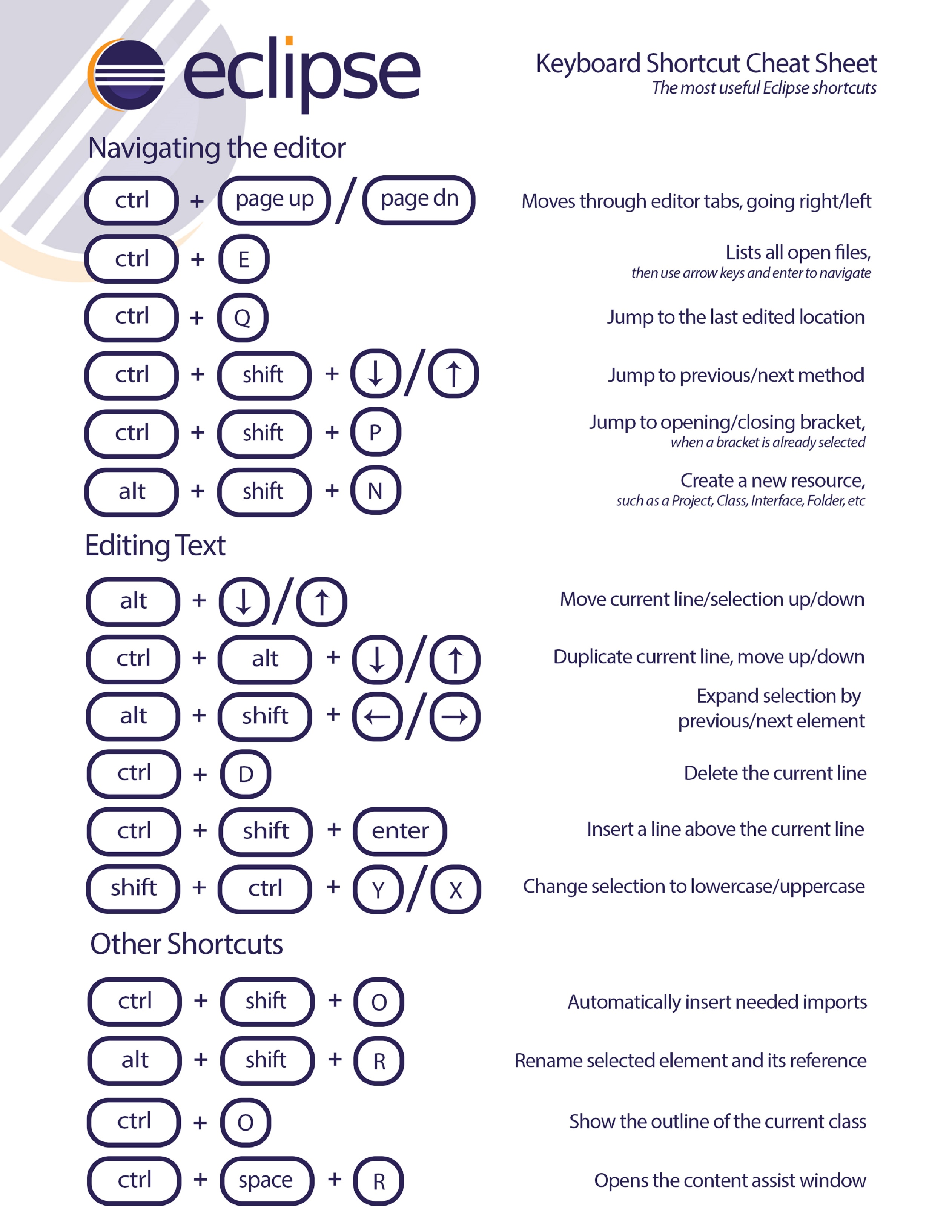
11. React or Angular
In order to become a full-stack Java developer, you also need to know a front-end framework and there is no better choice then React or Angular.
These two JavaScript framework has completely changed how you develop web applications. As a Java developer, you might have used Servlet, JSP, and jQuery at the client side but its better to learn Angular or React because modern frontend development is using these frameworks.
Depending upon whether you choose Angular or React.js, I suggest the following two courses to join to become a full-stack Java developer.
Both are great courses to learn Angular and React with Spring Boot and become a full-stack Java developer.
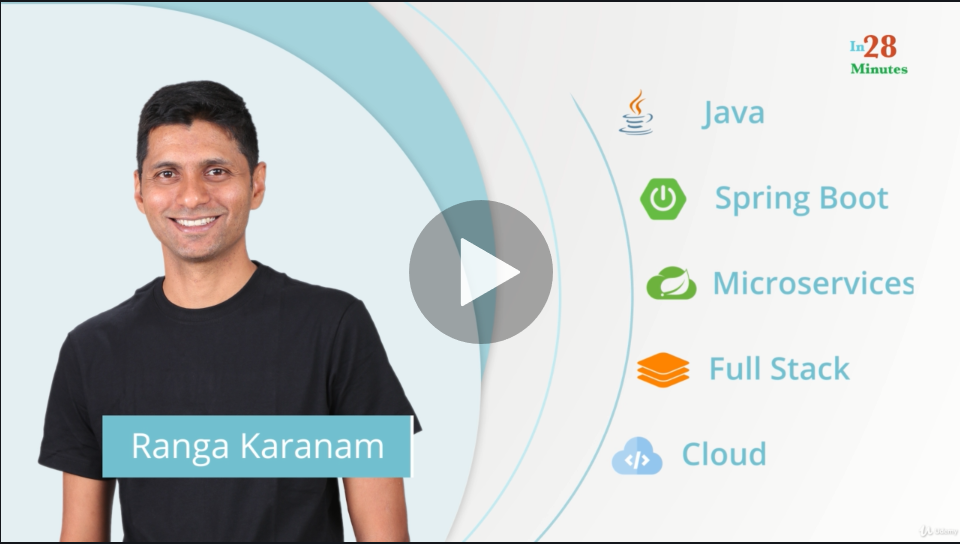
12. Learn Java Better
This is the most important thing for a Java developer right now. Java is constantly updated and now with every new version in 6 months, it's a big challenge to keep yourself up-to-date. I have been learning Java 10 features and I know many programmers who have not written a single line of code using Java 8 features like lambdas and Stream API.
Unfortunately, most of them are experienced Java developer with good 7 to 10 years of experience in their belt. I understand that at some point in your career learning becomes slow but if you don't act now you will be left behind.
Almost all Java development jobs now required Java 8+ skills and if you don't have them, it would be very difficult to do well and perform well in your Java interviews.
Now, if you have made your mind to learn Java but worry about where to start with, I suggest you check The Complete Java MasterClass on Udemy, which will teach you all the basics of Java 8 features and other new features introduced in Java 9, 10, 11 and maybe in Java 12 very soon.
And, if you are interested in a more advanced, the hands-on course then Refactoring Java 8 by Dr. Heinz Kabutz is a good one to join.
That's all about some of my tips to become a better Java developer in 2020. I know it's difficult to follow all these tips and I am not asking to do that, it's simply not practical.
You can focus on more important first like Learning Java 8 and Learning Spring Framework if you haven't known them yet but if you are good at those than you can pick other topics I mean unit testing, JVM internals, and DevOps.
To start with you need to pick one like learning the latest Java features since Java 8 to Java 13 and commit with that before moving to the next tip. If you are looking for some low hanging fruits then learning your IDE better is a good choice.
You already know your IDE and spending some time learning it better will make you a more productive and better Java developer in a quick time.
All the best and don't forget to share your tips which you think have made you a better Java developer.
If you have any suggestions or feedback then you are most welcome, we all learn from each other.
P.S. — If you are new to Java Programming language and looking for a comprehensive and structured course to learn Java in-depth then I also recommend you check out The Complete Java Masterclass course by Tim Buchalaka. It's also the most up-to-date course and covers new Java features from recent releases.
Published at DZone with permission of Javin Paul, DZone MVB. See the original article here.
Opinions expressed by DZone contributors are their own.

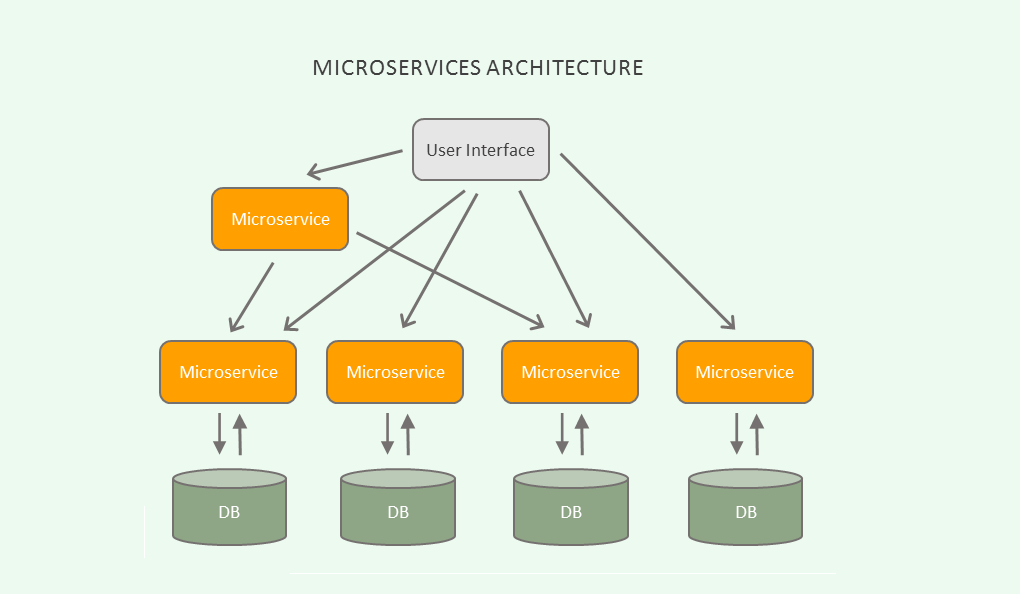
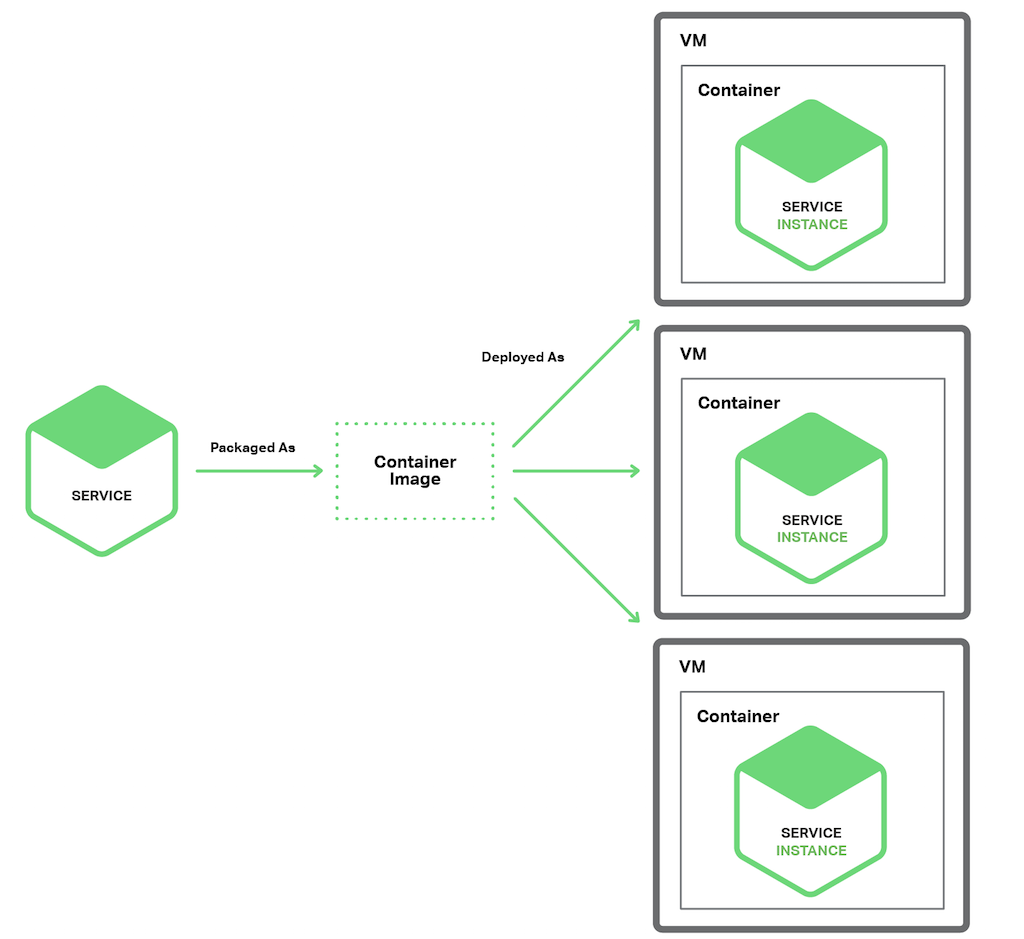
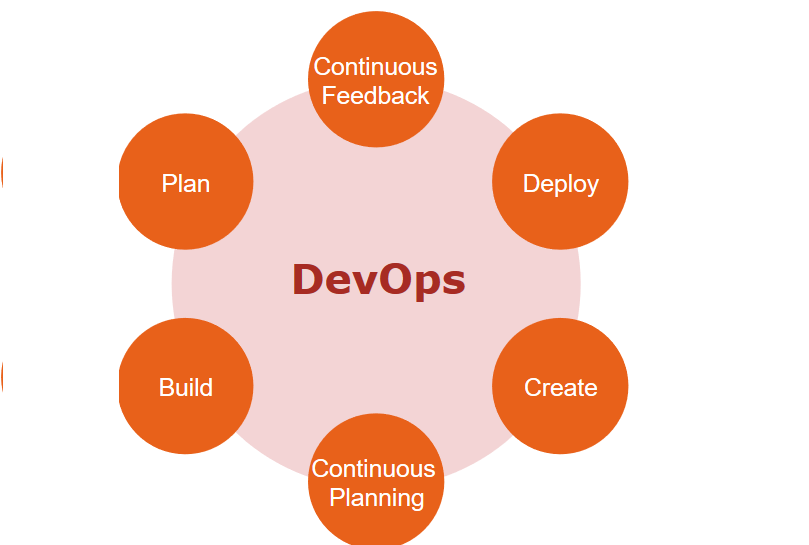
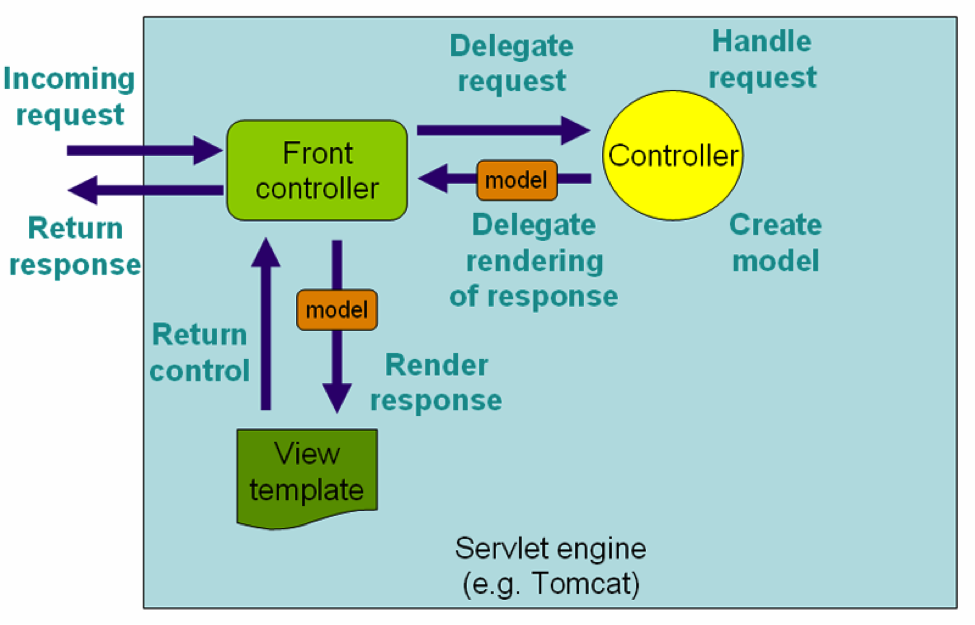
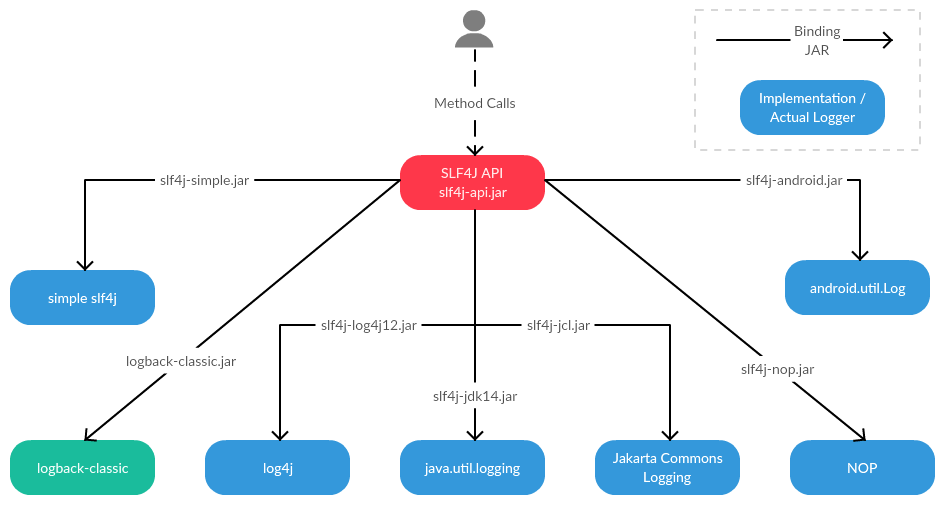
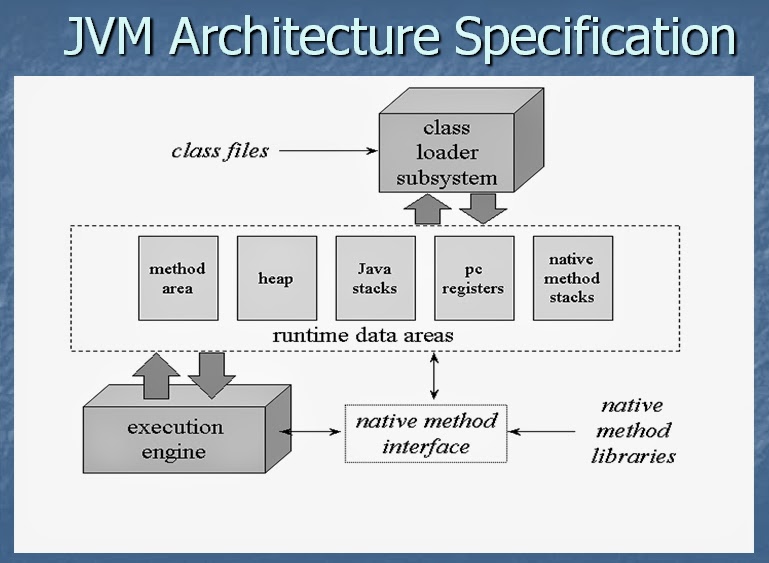
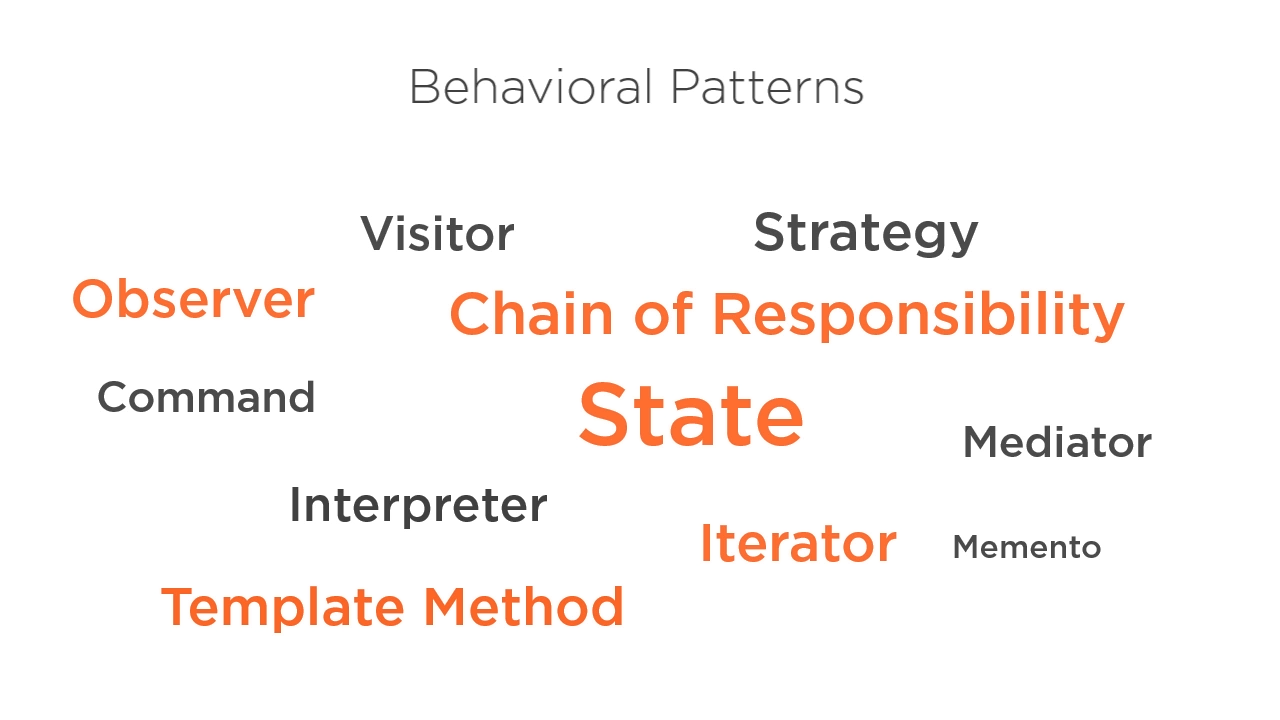
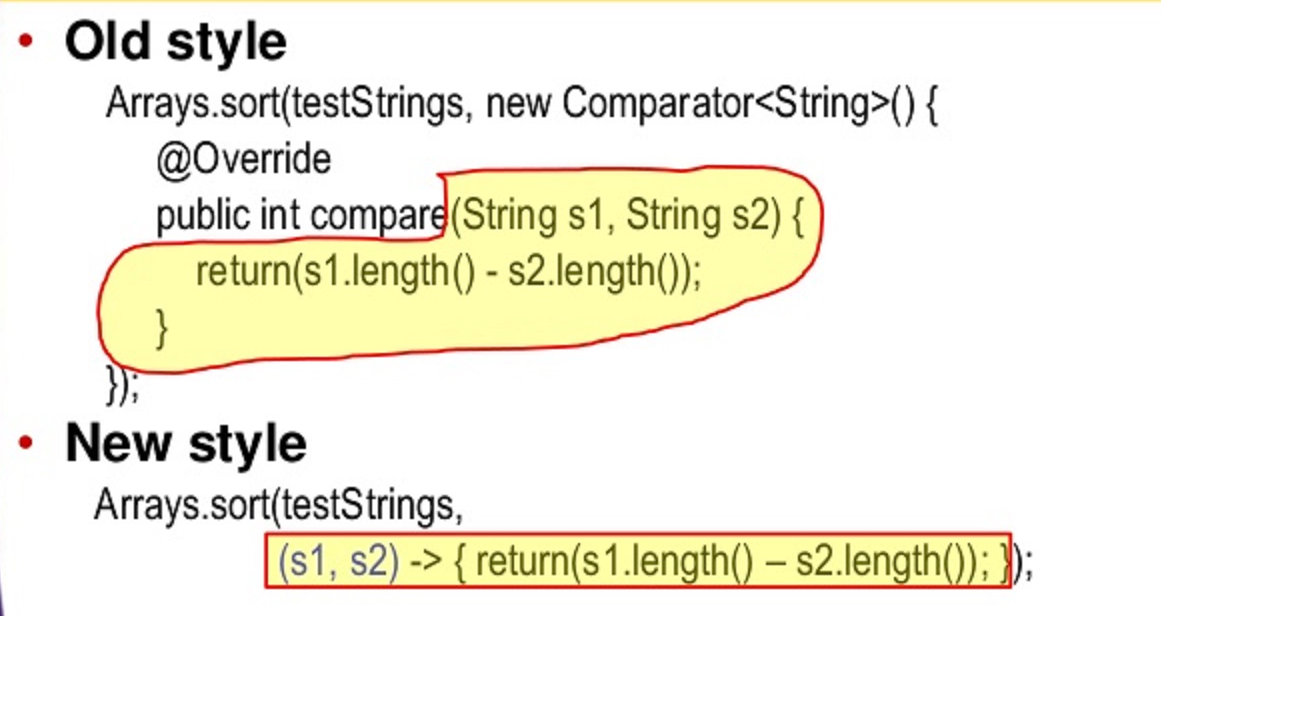
Comments